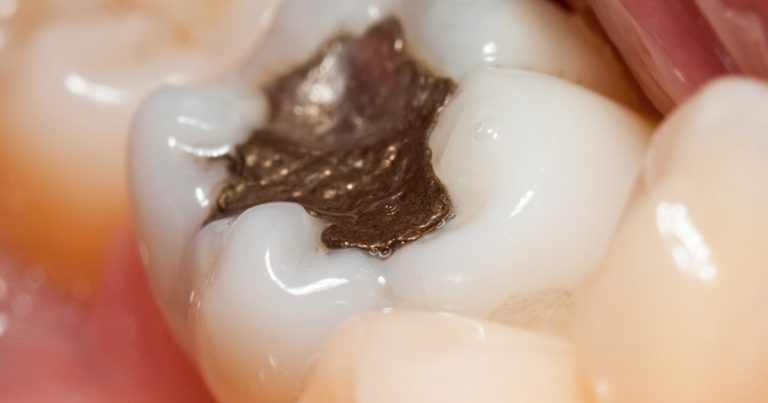Even before the birth of the NHS, amalgam was the go-to material – and remains the most common material for permanent NHS fillings in all corners of the UK.
On 14 July, the European Commission adopted a proposal to revise the mercury regulation, to introduce a total phase-out of the use of dental amalgam and to ban the production and export of dental amalgam from the EU from 1 January 2025 – 5 years earlier than expected.
This vote will hit all four countries of origin, but will have a disproportionate impact on services in Northern Ireland, which tops the UK league table for oral health inequalities and has the highest rate of filled teeth.
Under post-Brexit arrangements, Northern Ireland is expected to phase out dental amalgam on the same basis as EU member states. The divergence means the rest of the UK faces disruption and higher costs due to the impact on supply chains, but no official ban.
Our members deserve clarity. In an open letter to all four UK Chief Dental Officers, we have made our position clear. We have emphasized that there are currently no alternative restorative materials that compete with amalgam in terms of placement speed or longevity.
We therefore urge all four CDOs to work with both the profession and industry to:
- Address the impact of the immediate application of the EU regulation in Northern Ireland as a matter of urgency
- Adopt a renewed focus on prevention to reduce the need for dental restorations
- Work with industry to ensure a continuous supply of amalgam
- Work with the BDA to ensure there is no financial impact on dentists from having to use alternative materials
MEPs backed amendments stating that member states must “ensure that appropriate compensation is available for mercury-free alternatives” to limit socio-economic impacts. This is exactly what is needed from the UK governments.
Without action, the ban will consume clinical time and resources that are in short supply, likely creating further barriers to access. There is no indication where the millions in additional funding needed will come from nor the workforce to perform the tens of thousands of additional clinical hours.
The Nuffield Trust warned in December that NHS dentistry was at its most precarious point in its 75-year history. Without decisive action, this ban will hasten the death of the service.
We have long advocated the phasing out of dental amalgam. But this rapid abolition is neither feasible nor justified. Dental amalgam has been used and studied extensively for 150 years as a restorative material. Its safety and durability are well established and it remains the most appropriate material for a range of clinical situations.
“When we are about to lose a key weapon in the treatment of tooth decay all four UK governments appear to be asleep at the wheel,” says BDA chairman Eddie Crouch.
“When alternative materials cannot compete, it will add new costs and new uncertainties to practices that are already on the brink.”
“Without decisive action, this could be the straw that breaks NHS dentistry’s back.”
Many unanswered questions remain. We will develop FAQs for members as we secure answers.

